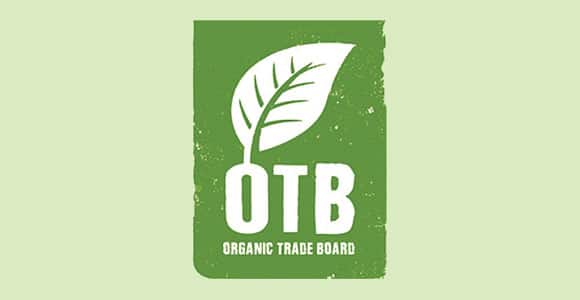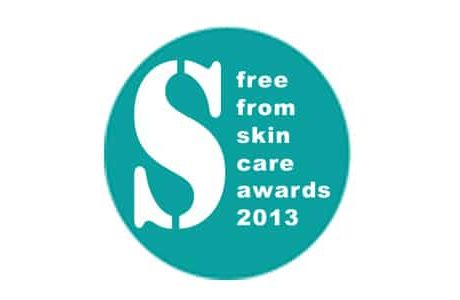Abi Weeds from Essential Care and Susie Hewson from Natracare on why true organic legislation matters
When the Organic Trade Board was first formed in 2007, one aim of its founder members was to tackle the thorny issue of rogue “organic” cosmetics. In other words, to make sure that consumers are not misled by products that say they are organic, which are in fact not certified.
There was then and still is no move at an EU level to bring cosmetics (and textiles) regulations into line with the organic food regulations established back in 1991. Why care? The UK certified organic cosmetics market is small (about £40m compared to approximately £2billion in food). But the ‘grey’ market around it of products that are called organic but not certified is much larger.
Appropriate regulation would have so many advantages. Firstly it would protect the reputation of the whole organic sector by ensuring organic cosmetics have a minimum organic content and no undesirable additives. This is so important – we must not allow the undermining of confidence in organic when the industry is doing so much good work to reconnect consumers with the benefits of organic products.
Not least it would be fairer – both to consumers who are often paying more because they believe organic is better quality – and to brands who invest time and money in certification. Increased certification revenue would ultimately benefit the organic sector as a whole. And one could argue that growth would be encouraged if the playing field were level and all brands could be focused and galvanised toward the same goal.
Buoyant market
Witness the buoyancy of the French organic cosmetics market after the French ASA introduced regulations back in 2010. We can’t place the burden on consumers or even retail buyers to look out for genuine organic symbols on products, read ingredient lists, request certificates or challenge the claims companies make. It is the role of the UK’s consumer protection authorities to prevent any unsubstantiated claims in the first place.
Getting the Government involved has been a challenge, but the OTB is making progress. We now have the opportunity to devise a voluntary code or set of rules which the ASA and Trading Standards could use routinely as a yardstick by which to make cosmetic product claims. We need the whole organic industry to rally round this code.
The OTB’s guidelines
1. For the product itself to be described as ‘organic’:
• it must contain 100% certified organic ingredients or• it must be certified by a Government approved organic control body to an independent standard that defines such claims or
• it can be justified that it was elaborated according to published standards, having a requirement level, in terms of composition and content of certified ingredients stemming from organic farming, equivalent to level(s) of requirement required by the organic control bodies
2. For the product to be described as containing organic ingredients:
• it must contain the stated percentage of certified organic agricultural ingredients, or• it must be certified by a Government approved organic control body to an independent standard that defines such claims, or
• it can be justified that it was elaborated according to published standards, having a requirement level, in terms of composition and content of certified ingredients stemming from organic farming, equivalent to level(s) of requirement required by the organic control bodies This code is closely based on the guidelines introduced in France and Denmark.
What to do if you’re passionate about upholding the reputation of organic
• Email your support or discussion points for the Voluntary Code to [email protected] (not just beauty companies – this is for all organic companies) and to the seminar at Natural Products Europe (April 7 – 8th 2013).
• Complain to the ASA if you see an advert that is claiming to be for a “rogue” organic product. You can see how to do this here: http://www.asa.org.uk/Consumers/How-to-complain.aspx
• Tell us, the OTB, which adverts we should be complaining about
• Join the OTB and help us stand up for genuine certified ORGANIC brands





